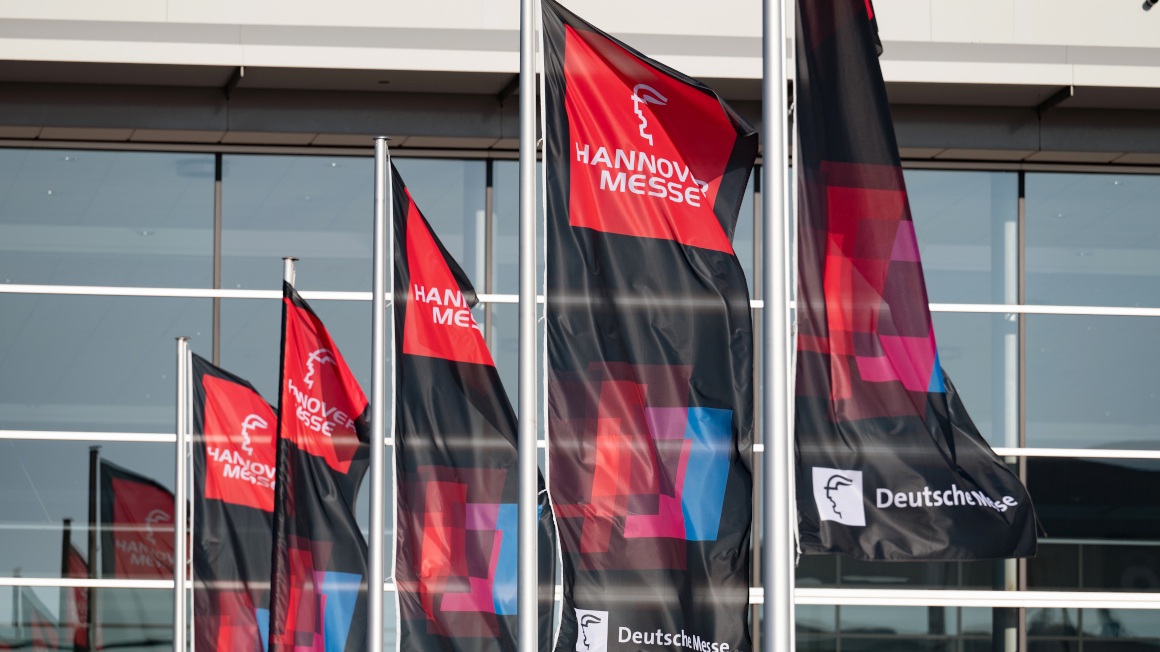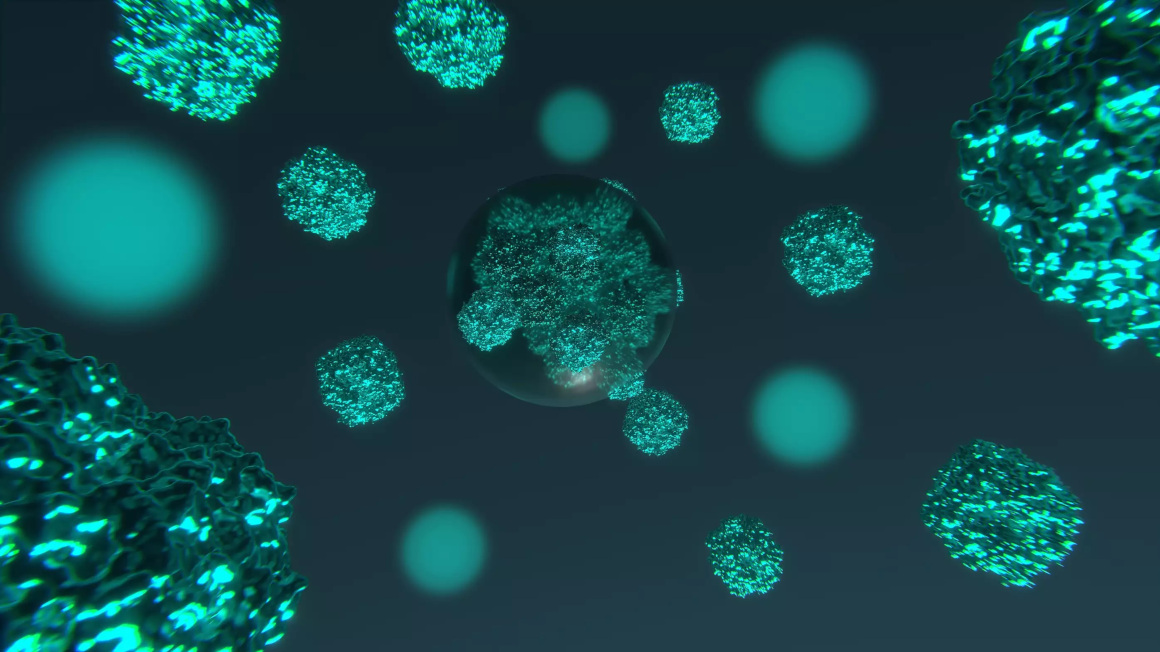Bioeconomy at the Hannover Messe
The world's largest industrial trade fair starts in Hanover on 22 April. The focus will be on technologies for sustainable production. The "Bioeconomy Showcase" in the Future Hub in Hall 2 offers a platform for bio-based innovations.

"Energising a Sustainable Industry" is the guiding theme of this year's Hannover Messe, which opens its doors to visitors next week. From 22 to 26 April, more than 4,000 companies from the mechanical engineering, electrical and digital industries as well as the energy sector will be presenting their solutions for a sustainable industry of tomorrow - including global tech companies and research institutions as well as more than 300 start-ups.
This year, the world's largest industrial trade fair will focus on innovations for the sustainable production and energy supply of the future. Solutions for CO₂-neutral production, AI and machine learning and green hydrogen production will be on show.
Bioeconomy Theme Park in Exhibition Hall 2
Visitors to the Future Hub in Hall 2 (Stand A35) can see for themselves how the bioeconomy can contribute to a sustainable and resource-conserving economy. At the joint stand of the Federal Ministry of Education and Research (BMBF) and the Federal Ministry of Food and Agriculture (BMEL), the "Bioeconomy Showcase" will provide an insight into exciting research projects using real and virtual exhibits. The stand will be supervised by the responsible project management organisations of the two ministries, Project Management Jülich (PtJ) and the Agency for Renewable Resources (FNR).
The focus is on a production process that utilises raw materials in a cascade, relies on efficient processing and has recycling in mind right from the start. Bio-based materials are used that are not only high-performance, but also effective CO₂ stores. The range of solutions extends from the construction sector to the energy and food industries. These include efficient biogas plants, new types of food, bio-based plastics and materials for the construction, packaging and automotive industries as well as sustainable bio-based textiles.
Innovative approaches from bioeconomy research
Stakeholders from the BMBF's "Agricultural Systems of the Future" funding programme will be demonstrating what tomorrow's agricultural production could look like. Two of the eight research consortia and the team from the coordination centre will be on site with exhibits (DAKIS and NOcsPS).
In addition, two of the four consortia funded by the BMBF as part of the "Bioeconomy Innovation Spaces" programme will also be present. For example, the NewFoodSystems innovation space will present how vanilla or oregano can be cultivated in an indoor farm and will use quinoa, mung beans and hemp to demonstrate the diversity of plant proteins and their potential for the production of new foods.
A miniature armchair made from bio-based yarns and socks made from environmentally friendly elastane will be presented by researchers from the BIOTEXFUTURE innovation centre.
The BioökonomieREVIER innovation cluster – part of the BMBF-funded bioeconomy model region research network in the Rhenish mining district – is using a data simulation to visualise geodata for the Rhenish mining district in real time as well as periods of drought. The Bio4MatPro competence centre, also part of the research network, presents innovative concepts in biotechnology and nanotechnology, including an active interface system for artificial hearts to reduce blood clotting and support patient recovery.
From building materials made from rice husks and natural fibre-reinforced plastics
Bioeconomy innovations can also be seen outside the joint stand at the Hannover Messe, such as bio-based furniture, building materials and components - including crash barriers made of wood for road traffic and building materials made from rice husks, which will be presented by researchers from the Fraunhofer Institute for Wood Research (WKI) in Hall 2, Stand B24. On show at the same stand: Metal constructions that have been replaced by natural fibre-reinforced plastics, making them lighter. The Fraunhofer Institute for Structural Durability and System Reliability (LBF) will be presenting its process for manufacturing bio-based compounds.
The "Industrial Bioeconomy" funding programme, which is dedicated to the transfer of bioeconomic products and processes into industrial practice, will be presented at the joint stand of the Federal Ministry for Economic Affairs and Climate Protection (BMWK) in Hall 2, Stand A18. Among other things, the "SchüttLiBi" project on bio-based building materials will be presented.
The automation specialist Festo will also be presenting bioreactor systems for a biologised industry this year (Hall 7 Stand D31).
bb/pg


